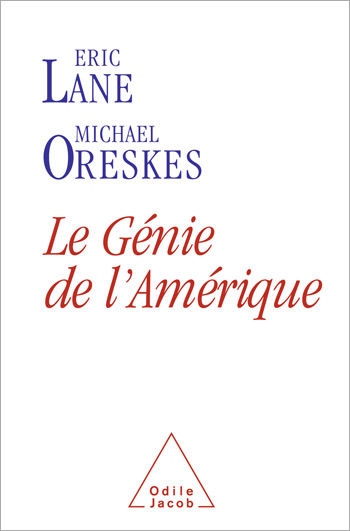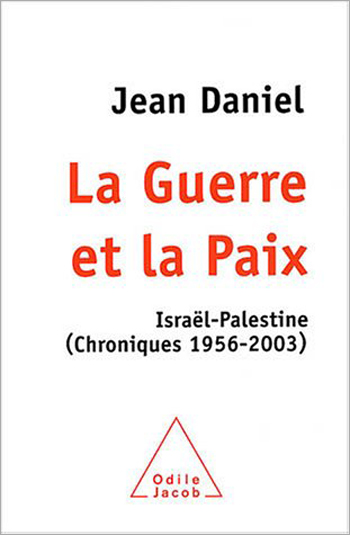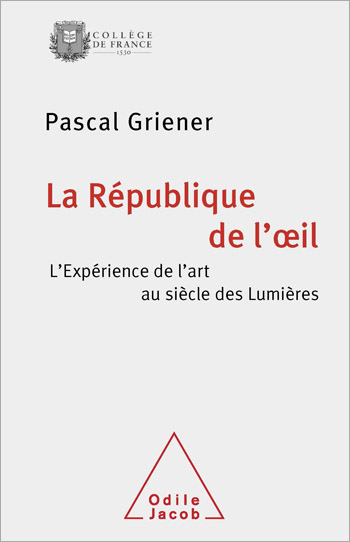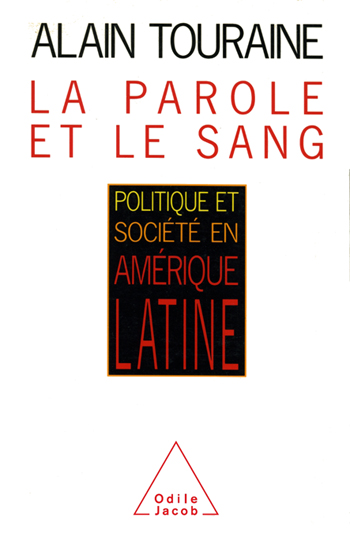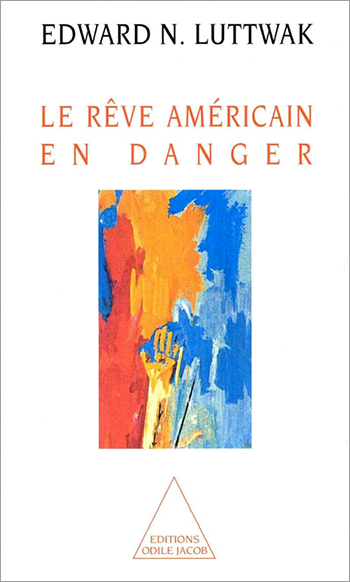History and Geopolitics All books

Nathan Weinstock
The Promised Land that Promised Too Much
This vast investigation, based on new sources, will transform the prevailing vision of the Arab-Israeli conflict and of its origins.
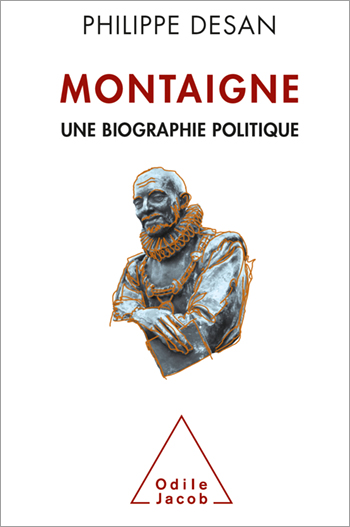
Philippe Desan
Montaigne A Political Biography
A brilliant, erudite biography that demolishes many received ideas about the great French philosopher

Clifford Ando
Law and Empire The Invention of Rome’s Legal System and Historical Reality
A study of the Roman legal system, in light of the history of the Empire

Graham Allison
Destined for War Can America and China Escape Thucydides’s Trap?
China and the United States are heading toward a war neither wants.

Denis Crouzet
Charles V The Anguish of Power
A new biography of Charles V, a highly underestimated character hanging between power and renunciation

Michel Pinault
Frédéric Joliot-Curie
This is the first biography of Frédéric Joliot-Curie, the founder of French nuclear research and winner of the Nobel Prize for Chemistry in 1935. For many, he represents the political commitment of French intellectuals in the struggle against Fascism in the twentieth century. His life illustrates the transition from traditional science, limited to the world of academia, to Big Science, with major national and international repercussions. Michel Pinault holds an agrégation and a doctorate in history from the University of Paris I.

Laurent Douzou
Disobedience History of the Liberation Movement
Not everybody in the world become a Pétainist after the debacle and not all the resistance movements were infiltrated by communists working for the benefit of Moscow. Drawing upon numerous archives, Laurent Dazou explains why several men and women as diverse as a freewheeling navy officer, a normalien philosopher obsessed with maths, a young militant communist from the Latin Quarter and a founding banker from an anti-Semetic league, refused to crack under pressure, joining the ranks of disenchantment, and learning to resist by organizing themselves to fight and to blaze the trail of disobedience. Laurent Douzou is a specialist in the history of the Resistance.


